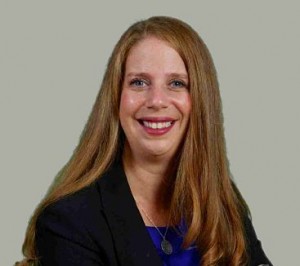 As the Globe & Mail and Financial Post both reported Tuesday, a new study by the Fraser Institute finds that an expansion of the Canada Pension Plan (CPP) may not raise incomes of retirees because people will save less on their own.
As the Globe & Mail and Financial Post both reported Tuesday, a new study by the Fraser Institute finds that an expansion of the Canada Pension Plan (CPP) may not raise incomes of retirees because people will save less on their own.
The report, which is to be released today, found that private savings fell as CPP contribution levels rose between 1986 and 2008. CPP contribution rates were 3.6% of earnings in 1986 (half from employers, half from employees) and rose to the current combined level of 9.9% by 2003.
Impact varies with income and age
The study found the impact of higher CPP contribution rates varies with income and age. So for households with annual income under $34,140, a one percentage-point increase in contribution rate resulted in a 1.56-percentage-point fall in private savings. But middle-income households earning up to $59,920 cut their savings by 0.72 percentage points: less than the full amount of the CPP increase. And high-income earners making over $59,920 were found to have almost no change in their saving rates as CPP rates rose.
The report’s co-author, Charles Lamman told the Globe that relatively few Canadians are under saving for retirement: mostly the elderly, widows and singles, and those without a work history that makes them eligible fort the CPP. So for those people, a CPP expansion would not be helpful.
The Financial Post version of the story can be found here. The Post also ran a piece by the report’s authors on its FP Comment page: Shifting Retirement Savings. You can also view a video commentary on the report on the Fraser Institute’s website, here.




